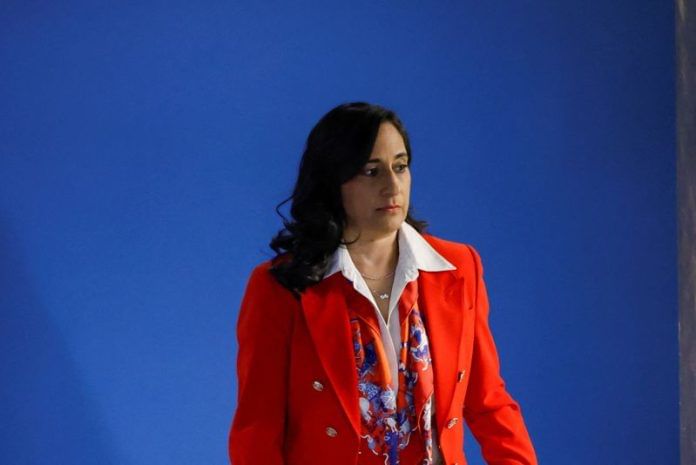By Maria Cheng and Daphne Psaledakis
TORONTO/WASHINGTON (Reuters) -Group of Seven foreign ministers will meet in Canada on Tuesday, with Ukraine and the Middle East set to be high on the agenda as U.S. President Donald Trump’s efforts to broker peace face headwinds.
Washington’s top diplomat, Secretary of State Marco Rubio, will travel to Canada’s Niagara region for the meeting, where he is likely to face questions from partners over Trump’s efforts to end the war in Ukraine as well as the second phase of the Gaza ceasefire deal.
The gathering is taking place after efforts to organize a summit between Russian President Vladimir Putin and Trump were put on ice last month, as Moscow’s rejection of an immediate ceasefire in Ukraine cast a cloud over attempts at negotiations.
EFFORT TO SQUEEZE RUSSIA
In a bid to ramp up pressure on Moscow, the Trump administration hit Rosneft and Lukoil, Russia’s two biggest oil companies, with sanctions late last month. The move underlined Washington’s intent to squeeze Russia financially and force it towards a peace deal that would end the 3-1/2-year war.
Trump has sought a rapprochement with Moscow and held a summit in Alaska with Putin in August. But he has backed calls for an immediate ceasefire in Ukraine with forces at their present positions, while Moscow has said it wants Kyiv to yield more territory.
Canada’s Foreign Affairs Minister Anita Anand said she expected to have focused conversations with partners about the “long path forward” to peace in both Ukraine and the Middle East.
“We have to be ambitious for the objective of long-lasting peace,” Anand said, noting that as winter arrives, Canada and the G7 will be looking at how best to support the people of Ukraine via energy infrastructure, food supply and longer-term reconstruction.
Ministers from Ukraine as well as Brazil, India, Saudi Arabia, South Africa and elsewhere have also been invited to this week’s meetings in Niagara-on-the-Lake, Ontario, according to Canada’s foreign ministry.
The G7 wealthy nations struggled to unite over the conflict in Ukraine at the meeting of its leaders in June.
Trump’s efforts to broker peace in the Middle East are also likely to dominate discussions. A U.S.-brokered ceasefire took effect in Gaza on October 10, but efforts to advance his plan to end the war beyond a ceasefire are faltering.
U.S. mediators met Israel’s prime minister on Monday with attention turning to the second, far more complex, phase of the Gaza ceasefire deal and the immediate problem of a standoff over a group of Hamas fighters still holed up in tunnels.
John Kirton, founder of the G7 Research Group at the University of Toronto, said it was likely foreign ministers would accomplish more at this week’s meeting than the earlier meeting of G7 heads of state.
“The fact that President Trump won’t be there will definitely help,” Kirton said. “They won’t have to watch every facial expression or be careful of any rants he might unleash.”
(Reporting by Maria Cheng and Daphne PsaledakisEditing by Humeyra Pamuk and Paul Simao)
Disclaimer: This report is auto generated from the Reuters news service. ThePrint holds no responsibility for its content.






